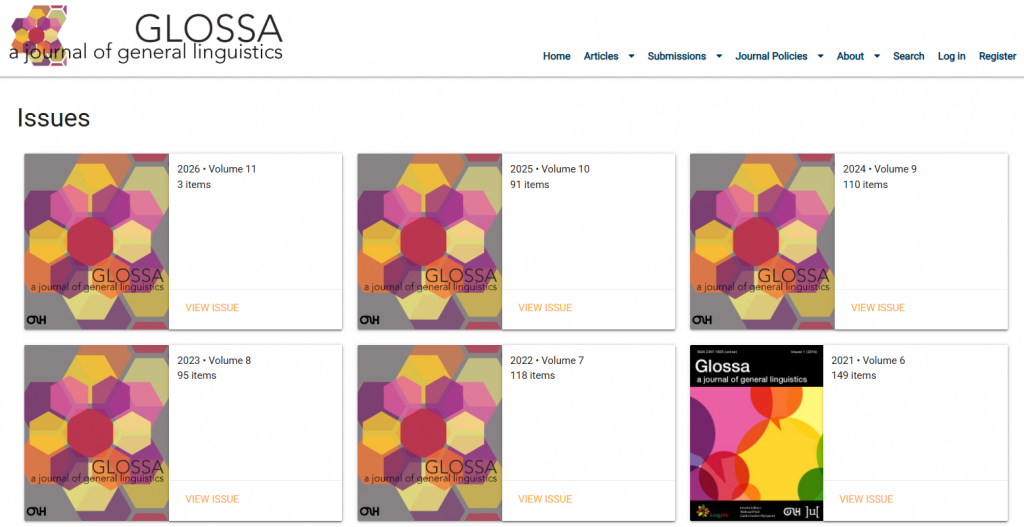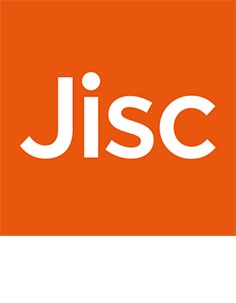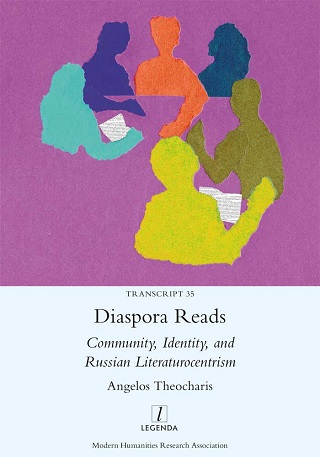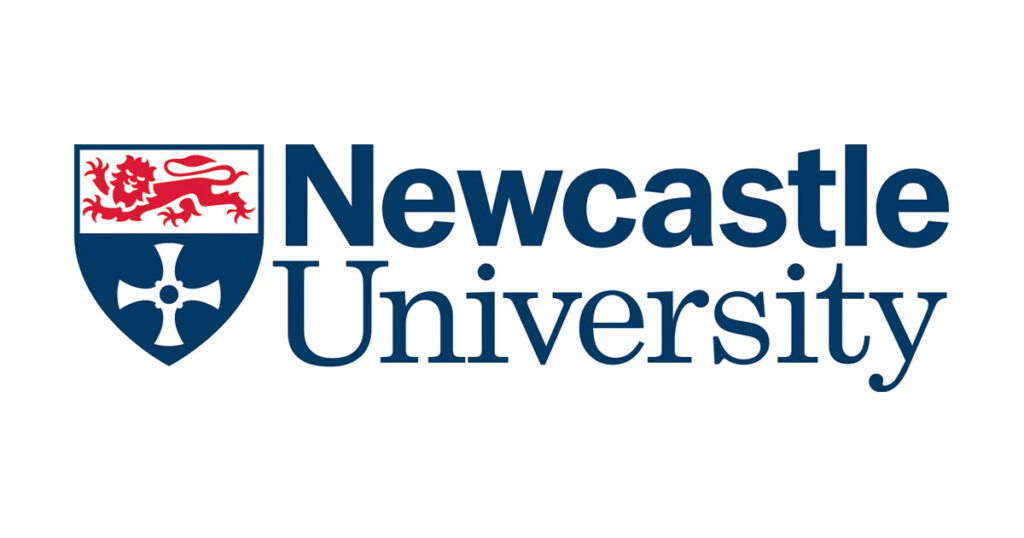Guest post by Gabriel Martinez Vera.
Gabriel is an Open Research Champion for School of English Literature, Language and Linguistics. After attending an academic conference in Barcelona we provided some external funds to support a short extension to visit a colleague at Universitat Pompeu Fabra to discuss running an Open Access journal. Here’s what he learned…
In my visit to Barcelona, I integrated a conversation about Open Access and Open Research with Professor Louise McNally, Co-Editor-in-Chief of Semantics & Pragmatics, a leading Open Access journal for semantics and pragmatics research.
“Semantics and Pragmatics is a fully open access journal. All content is freely and immediately accessible to readers under a liberal CC-BY license. The journal is supported by the Linguistic Society of America, the Massachusetts Institute of Technology, and the University of Texas. Authors do not pay publication charges (APCs) nor submission charges. Authors retain full copyright and all rights of reuse.”
I wanted to hold a meeting with her as a fellow linguist to discuss their approach to open access, since in a couple of months I will become Co-Editor-in-Chief of Glossa: a journal of general linguistics, the leading journal in linguistics and a pioneering Open Access journal in the field. I wanted to benefit from her experience and expertise in this area. As a result of our conversation, I got some pieces of advice as to what areas are key when leading an Open Access journal.

The main component is sustainability in several respects (financial, production, administrative). In Louise’s opinion, it is fundamental to think ahead especially to editorial/management transitions, such as the ones I am currently involved in. In this regard, one has to make sure that there is time to familiarize new editors with how things have been done, so that any major policy decisions that are made can be discussed with them.
Further, it is very important to be proactive in that one should take advantage of whatever venues one has to explain to libraries, funding agencies, among others. Importantly, efforts should be made to get the home institutions of the editorial team to support the journal. In this sense, this is a joint effort to ensure that the journal survives in the medium to long term.
More generally, what this means is that the work that is done needs to be visible. Thus, it is key to further promote and support open access publishing models such as Diamond Open Access and Subscribe to Open.
Overall, these efforts constitute a very specific set of efforts to promote Open Research as related to Open Access journals, which, ultimately, shape the future of linguistics as a field where knowledge and ideas have the opportunity to flow freely—not being tied to paywalls. I will certainly integrate all these pieces of advice in my new role!










